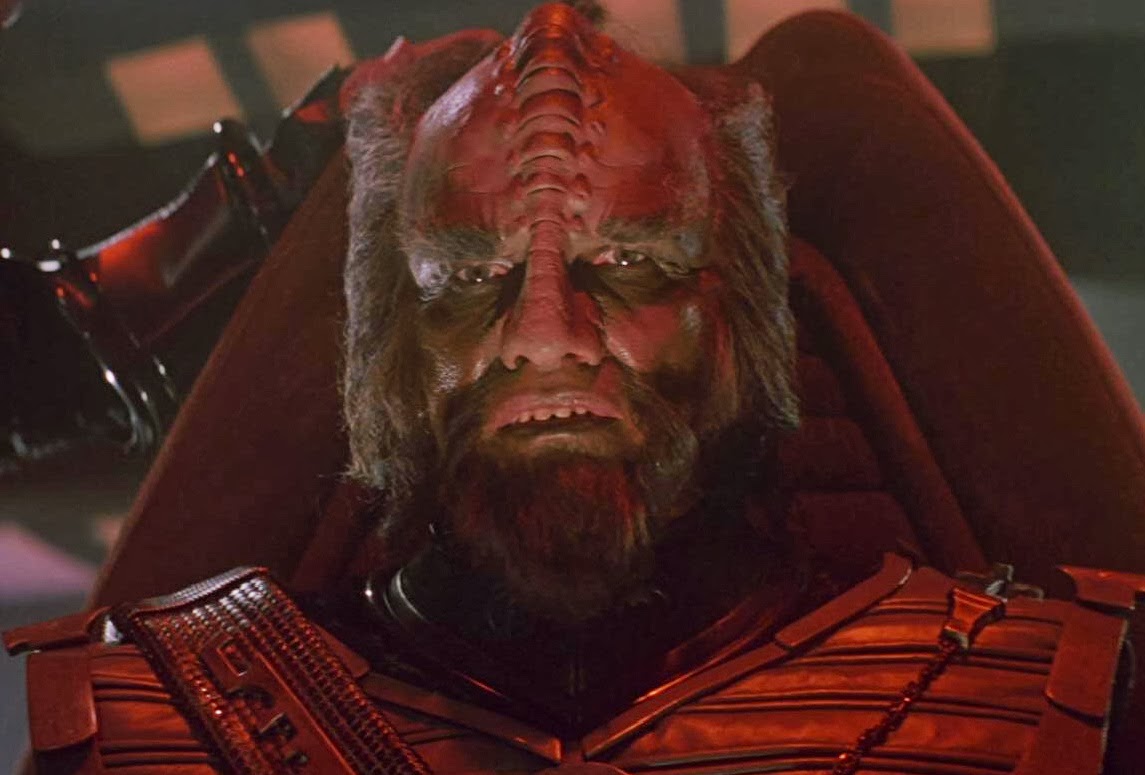I post this with some trepidation because my intent is NOT to ignite fiery arguments between fans who passionately hold differing opinions. I'm a long-time Star Trek fan new to these boards, and I'm just curious about the overall breakdown on where fans fall on this issue of how strictly new stories should adhere to what has come before.
Should visual aesthetic differences that arise from updates in production or differences in characters and storylines due to casting or writing changes be accepted or rejected? Explained or ignored?
Feel free to discuss, but also feel free not to discuss since this is obviously a topic that has been extensively and hotly debated for a long time. Just wanting to get an idea of the overall mix. Thanks.
Should visual aesthetic differences that arise from updates in production or differences in characters and storylines due to casting or writing changes be accepted or rejected? Explained or ignored?
Feel free to discuss, but also feel free not to discuss since this is obviously a topic that has been extensively and hotly debated for a long time. Just wanting to get an idea of the overall mix. Thanks.





